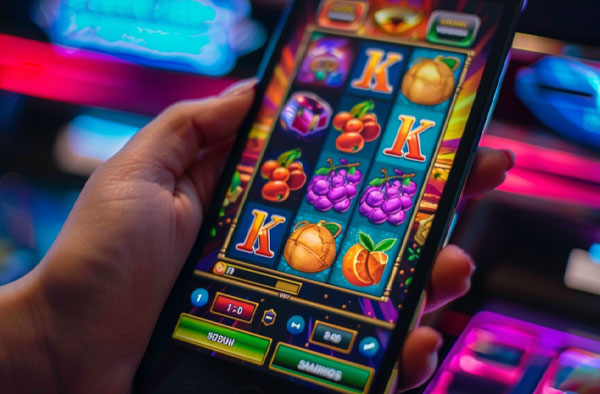In the digital age, the entertainment landscape has evolved dramatically, with online games standing out as one of the most influential and rapidly growing forms of entertainment. From casual puzzle games to sprawling multiplayer online battle arenas, online gaming has become a global phenomenon, reshaping how people play, socialize, and experience interactive media KOIN555. But what exactly is driving this massive surge in online gaming, and how is it transforming the entertainment industry?
The Evolution of Online Games
The history of online gaming dates back to the 1970s and 1980s, with the advent of the first networked multiplayer games. These early games were simple by today’s standards, often involving text-based or basic graphical interactions over slow internet connections. However, the real breakthrough came in the 1990s, as internet connectivity improved, and multiplayer games like Doom, Warcraft, and Quake set the stage for the rise of online gaming communities.
Fast forward to the 2000s and beyond, and the gaming world saw the launch of massive multiplayer online role-playing games (MMORPGs) like World of Warcraft, which attracted millions of players worldwide. The rise of broadband internet, smartphones, and game consoles with robust online services further propelled the shift towards online play.
Today, online games come in many forms, from massive multiplayer games like Fortnite and League of Legends to smaller, more intimate experiences such as Among Us or mobile-based games like Clash of Clans. Whether on PC, consoles, or mobile devices, the ability to connect with players across the globe has made online gaming one of the most diverse and accessible entertainment options.
The Appeal of Online Games
So, what is it about online games that has made them so captivating to millions of people worldwide?
- Global Connectivity and Social Interaction
One of the key features that sets online games apart from traditional single-player experiences is the ability to connect with people from different parts of the world. Online games foster social interaction in ways that are both immediate and immersive. Players can team up with friends or meet strangers, forge alliances, and form communities, creating rich social experiences that extend beyond the game itself. Games like Fortnite or Apex Legends have become virtual meeting places where players chat, strategize, and share experiences, making gaming a form of social networking. - Endless Replayability
Many online games offer experiences that are constantly evolving, ensuring that players always have something new to look forward to. Regular updates, new content, seasonal events, and competitive challenges keep games fresh and engaging. Games like League of Legends and Call of Duty release new content regularly, while others, like Minecraft, offer nearly infinite possibilities for creativity and exploration, making them virtually endless. - Competitive Spirit and Esports
The competitive nature of online games has birthed an entire industry around esports, where professional gamers and teams compete in high-stakes tournaments watched by millions of fans. Titles like Dota 2, Counter-Strike: Global Offensive, and Overwatch have transformed online gaming from a recreational activity into a legitimate sport, complete with sponsorships, broadcasting deals, and substantial prize pools. For many players, climbing the ranks or achieving high-level success is not only a personal goal but a chance to build a career in the esports industry. - Accessibility and Free-to-Play Models
One of the most notable trends in online gaming is the rise of free-to-play models, where players can access games without any initial cost. These games often generate revenue through microtransactions for cosmetic items, battle passes, or other in-game content. This approach has opened the door for a much wider audience to engage in gaming, especially those who might not have been able to afford expensive consoles or game titles. Fortnite, League of Legends, and Valorant are prime examples of how a free-to-play model can be incredibly successful while providing a high-quality experience. - Mobile Gaming Explosion
Mobile gaming has revolutionized online gaming by making it possible to play anytime, anywhere. With the widespread availability of smartphones, even casual gamers can enjoy quick sessions of online games while on the go. Titles like PUBG Mobile, Clash Royale, and Pokémon Go have attracted massive player bases, demonstrating that gaming isn’t confined to traditional platforms. The mobile market’s accessibility has opened up new opportunities for developers and players alike, making online gaming more inclusive than ever.
The Impact of Online Games on Society
The rise of online gaming has had a profound impact on various aspects of society, both positive and negative. On the one hand, online games have become a global cultural force, bringing together individuals from diverse backgrounds and fostering a sense of community. Players often create lasting friendships, exchange ideas, and build virtual worlds that transcend geographic and social boundaries.
